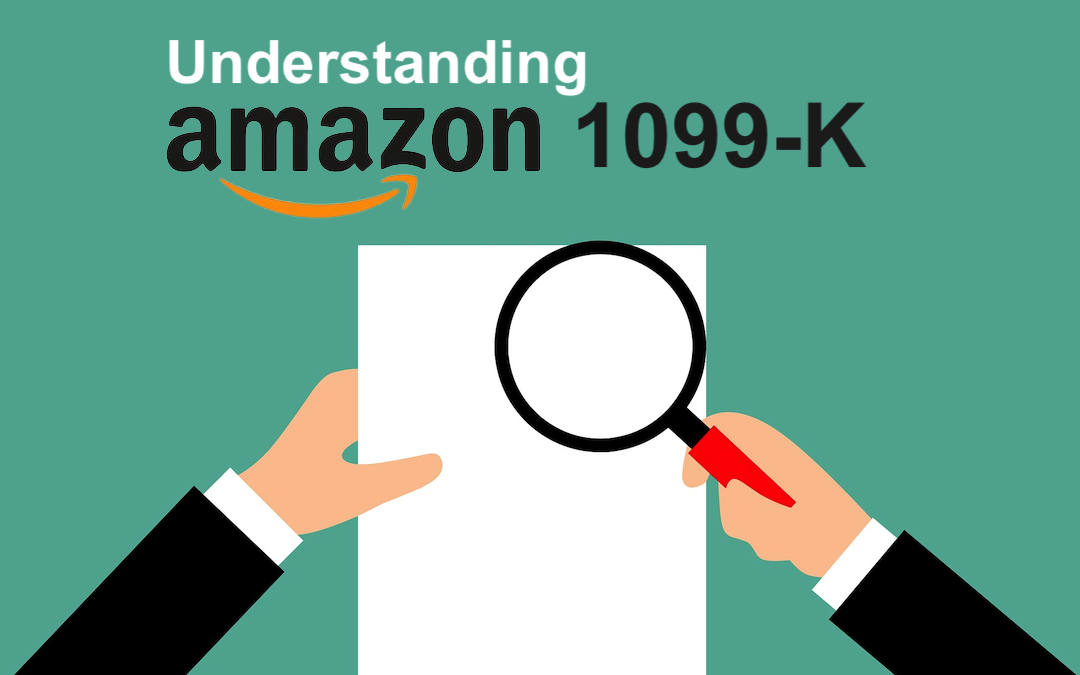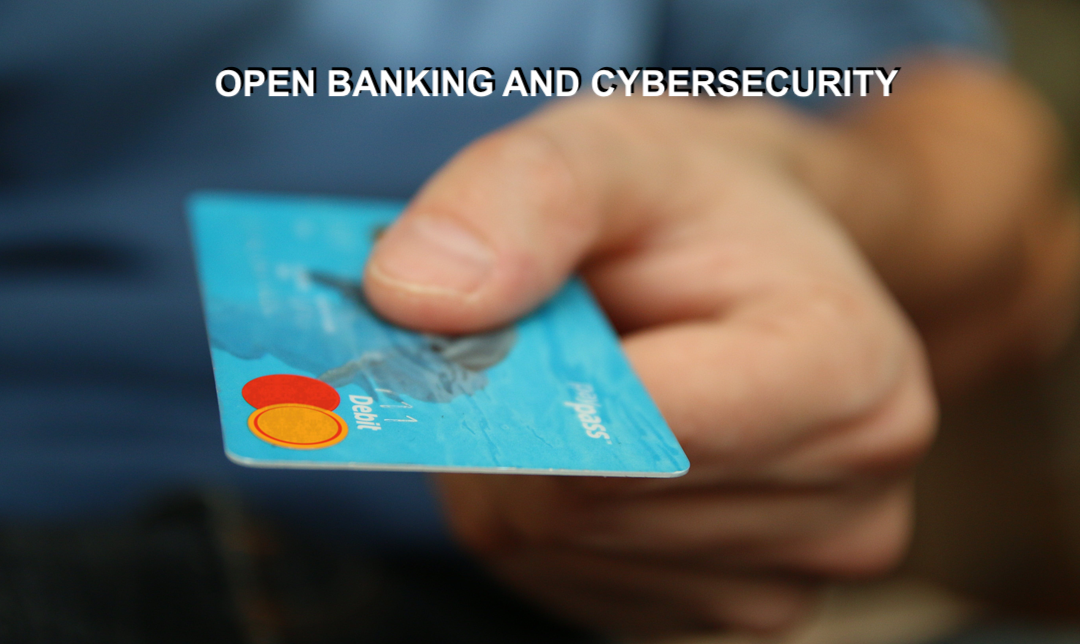
The intersection of artificial intelligence (AI) and machine learning (ML) with the financial technology sector (fintech) has ushered in a new era of risk management. As fintech trends continue to evolve, these technologies play a pivotal role in enhancing risk assessment, fraud detection, and operational efficiency. In this article, we delve into the lesser-explored aspects of AI and ML in fintech risk management.







